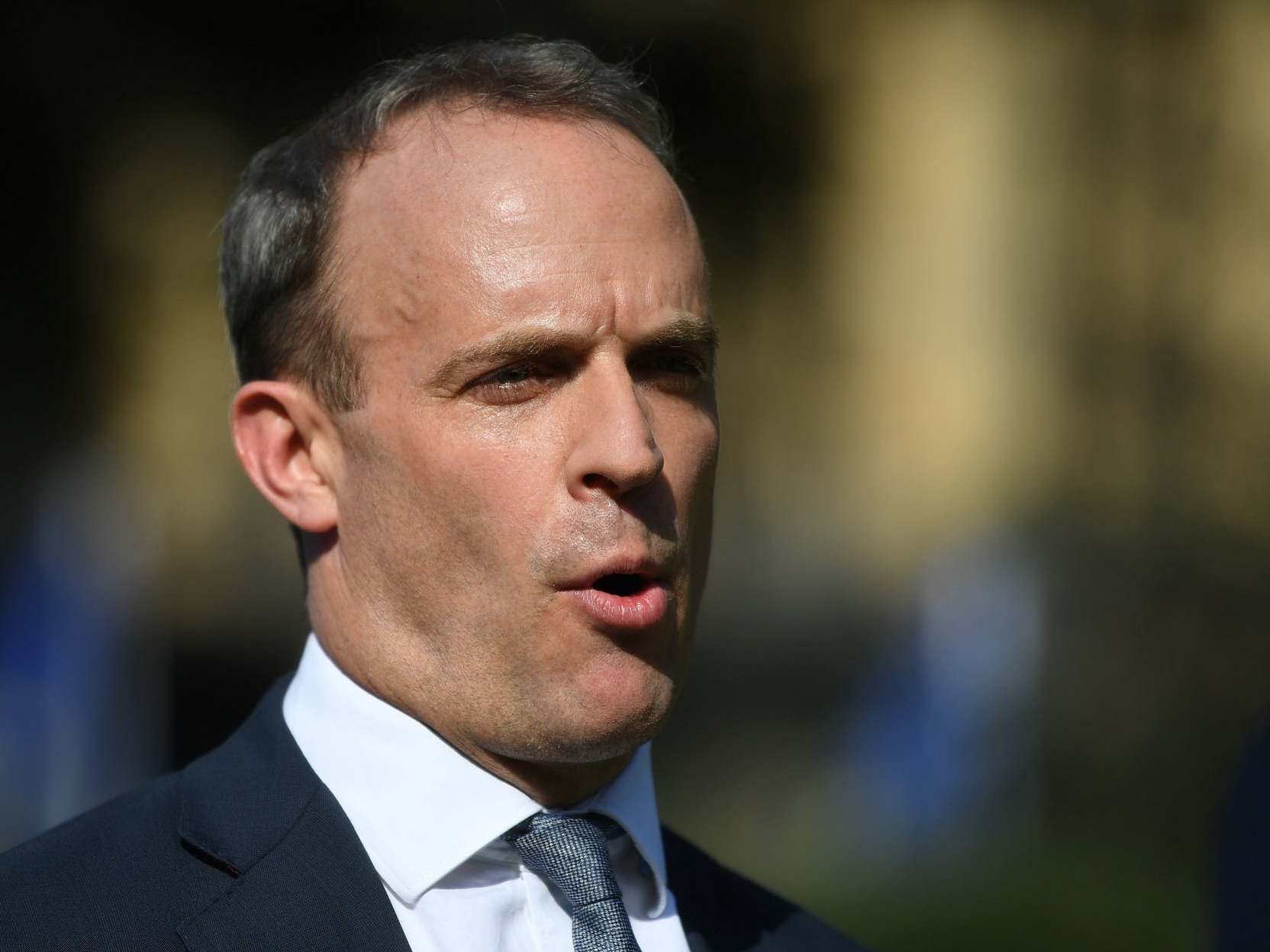Britain now needs to carve a new diplomatic niche after swimming against the tide of history
No one in conflict zones around the world is asking what Britain thinks. Making them interested again will require an extraordinary effort, says Jonathan Powell


The United Kingdom has not had a foreign policy for the past three years. We have been entirely preoccupied with Brexit, leaving no energy for the rest of the world. In all likelihood that will continue to be the case during the negotiations on the new relationship over the next year, and probably longer.
Douglas Hurd famously claimed in foreign policy we boxed above our weight but for the past few years, we have not even been boxing. Returning to the ring is not going to be easy. When I travel to conflict zones around the world no one is asking what Britain thinks. Making them interested again will require an extraordinary effort.
Since the Second World War, our foreign policy has been built on two pillars: Europe and the transatlantic relationship. We have just kicked away one of those pillars and we have done so when the presidency in the US is filled by someone who does not share our values and has proved himself an unreliable ally.
By leaving the large alliance on our doorstep and opting to be ourselves alone, we have decided to swim against the tide of history. Everyone else is trying to join one of the whales like the European Union, US and China. We have decided to be a minnow in the age of globalisation. As Leo Varadkar, the Irish prime minister, put it this week, Britain is going to have to come to terms with being a small country.
The alternative put forward by Dominic Raab of ad hoc alliances on individual issues, is not credible. The point of alliances like the EU is that you support your allies in the knowledge that they will stand by you when you face problems, as Ireland has just discovered during the negotiation over Northern Ireland. Making the relationship purely transactional on a case-by-case basis means that when we face serious challenges, we will be alone.

The other alternative put forward by Brexiteers of an “Anglosphere” where we build a new alliance with Canada, New Zealand, Australia and the US is risible. They don’t want us, and they don’t share our interests – they are a long way away and their populations are now highly multicultural, not English exiles.
In these circumstances our choices are limited. First, we will have to try to keep as close a relationship as we can with the EU in terms of foreign policy and defence. Already the government has done that on the nuclear agreement with Iran and on the assassination of Qassem Soleimani, where we issued a common statement with France and Germany. We will have to try to go further and regain a seat as a semi-detached member of the European foreign policy decision-making process in Brussels if we want, for example, China to listen to us on Hong Kong.
At the same time, Boris Johnson will have to turn himself into the “Trump whisperer”, interpreting Trump to Europe and Europe to Trump. His current attempts are not working well, on Huawei or on Iran, where having issued a statement with Europe he issued another contradictory one siding with the US. Two-timing like this may have worked in his private life but is unlikely to work with Trump.
We are never going to regain the position we had in the world before Brexit where we were able to leverage our position inside the EU and the close relationship with the US to maximise our influence, but we will have to try to carve out a niche for ourselves as we re-engage. To do that we will require strong leadership and a clear vision of what that new role is, something sadly lacking so far with a prime minister who has hidden himself away when crises arise and failed to articulate a clear new role for the United Kingdom.
Jonathan Powell was chief of staff to Tony Blair from 1995 to 2007
Join our commenting forum
Join thought-provoking conversations, follow other Independent readers and see their replies
Comments
Bookmark popover
Removed from bookmarks